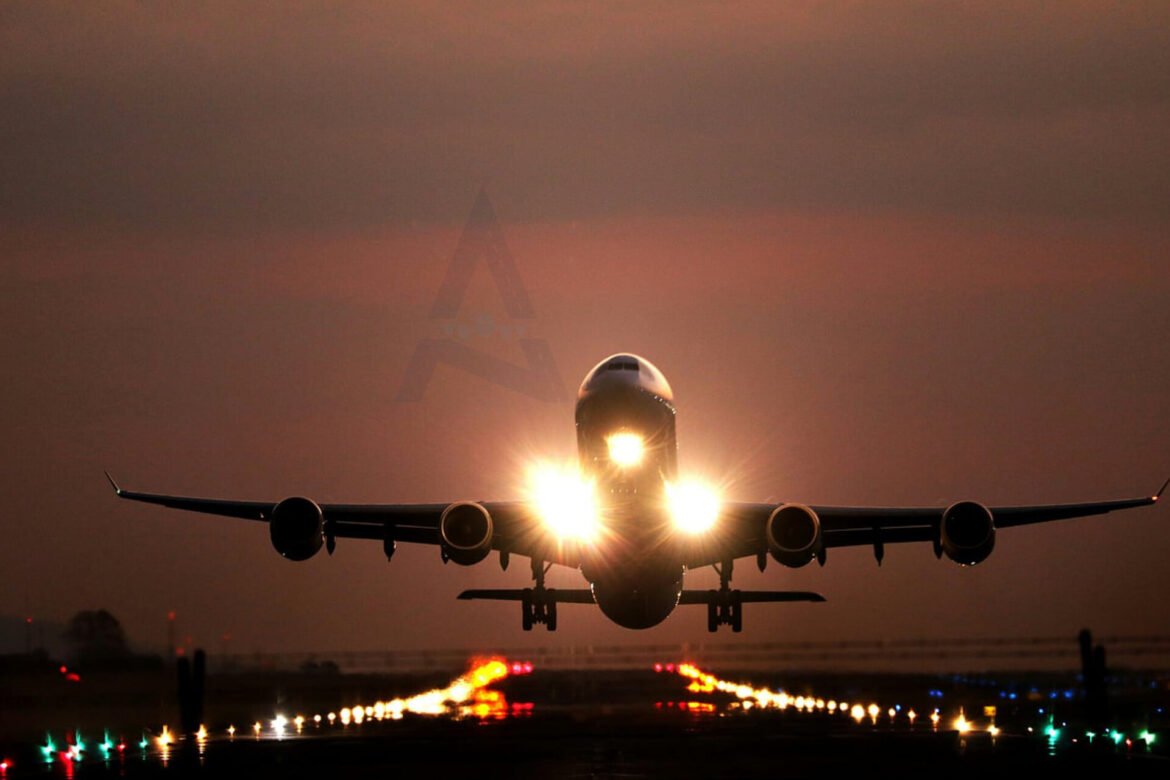The Indian government has introduced the Protection of Interests in Aircraft Objects Bill, 2025, in the Rajya Sabha, marking a major shift in the country’s aviation sector. The bill aims to allow aircraft leasing companies to reclaim planes if airlines default on rental payments. This legislation is seen as a critical step to strengthen India’s aviation framework and address longstanding issues related to aircraft leasing and financing.
The bill’s introduction comes at a time when the aviation industry faces financial challenges, with many airlines struggling to meet their financial obligations. By empowering lessors to reclaim aircraft more efficiently in the event of default, the bill is expected to lower the financial risks for leasing companies, which, in turn, could help reduce leasing costs for airlines. This reduction in costs is particularly significant for India’s rapidly growing aviation sector, where airlines rely heavily on leased aircraft to expand and modernize their fleets.
One of the key benefits of the bill is its potential to make the Indian aviation sector more secure and attractive to investors. By creating a more predictable and stable leasing environment, the bill aims to foster greater investor confidence, ultimately leading to increased investment in the sector. This is especially important as India seeks to become a global aviation hub and attract more international leasing companies to the country.
The urgency behind the bill’s introduction can be traced back to the need for a more robust legal framework to support the growth of India’s aviation industry. With airlines increasingly depending on leased aircraft, a system that allows leasing companies to recover planes efficiently in the case of defaults is crucial to ensure the long-term stability of the industry.
As the bill moves through the legislative process, it is expected to have a significant impact on the future of aircraft leasing in India, offering a more secure environment for both airlines and leasing companies, and potentially driving down costs for carriers across the country.

